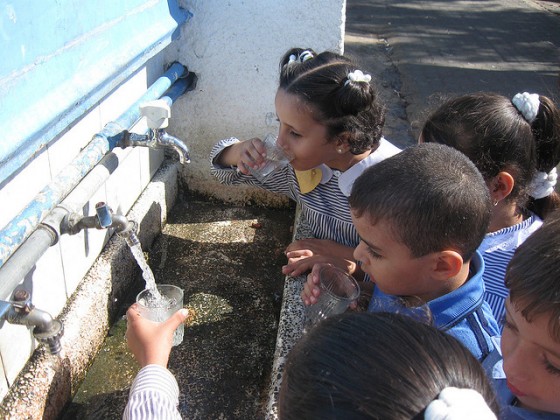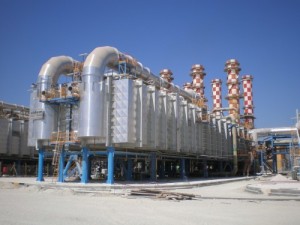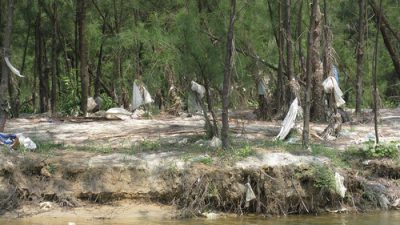 Funding and technical support has been offered by Europe to help build a desalination plant in Gaza – but is desalination a wise choice?
Funding and technical support has been offered by Europe to help build a desalination plant in Gaza – but is desalination a wise choice?
In the Gaza Strip it is estimated that just 5% of the available water is suitable for consumption. As such any efforts to help improve water security are not only welcome but necessary. France recently announced that they would be contributing €10 million towards the construction of a desalination plant in Gaza. The European Investment Bank is also offering its technical expertise as well funding and operational management. But can the energy-poor and economically-challenged Gaza Strip really operate a water technology normally associated with rich Gulf nations?
According to media reports the desalination plant in Gaza will have production capacity of 100 million m3 per year. It will help supply the current and future water needs of the 1.6 million people living in the Gaza Strip and is part of a wider overhaul of Gaza’s water supply and distribution network. Whilst desalination is problematic for a various number of reasons, some commentators have argued that the political and economic situation that the Gaza Strip finds itself in means it has very few options when it comes to resolving water shortages.
Even so, they should consider very carefully the negative implications of desalination. The energy intensive and expensive nature of desalination is a particularly problematic issue for the struggling economy of Gaza. It also raises questions about the long-term feasibility of operating the desalination plant without outside funding.
Another downside of desalination is that the process can be harmful to marine life and coastal ecosystems. When seawater is taken into the plant for processing this can have adverse affects. And when the salt is extracted from the seawater, that salty brine has to be carefully disposed of to avoid further implications on marine ecosystems. Even so funders have remarked that the desalination project will actually encourage the restoration of the heavily overused coastal aquifer.
This is part of a statement given by French Prime Minister François Fillon who announced the €10 million funding support: “This project should also allow the restoration of the coastal aquifer, in coherence with the strategic objective of the Union for the Mediterranean of getting rid of pollution in the Mediterranean.”
As we have highlighted in a previous article, Gaza is working hard to encourage water conservation but that can only go so far and part of the solution has to be procuring more water. So alongside efforts to improve water resources such as the coastal aquifer and the distribution network, desalination may have a useful role to play. What we must remember, however, is that it is not a quick-fix solution but one small (and a particularly unsustainable) part of the water solution for the Gaza Strip.
: Image via Middle East Children’s Alliance/ flickr.
For more on the water situation in Gaza see:
The Stunning Water Murals of Gaza (PHOTOS)
Gaza’s Green Roofs of Herbs and Vegetables
Gaza’s Getting 20 Zero-Emission Eco Schools



